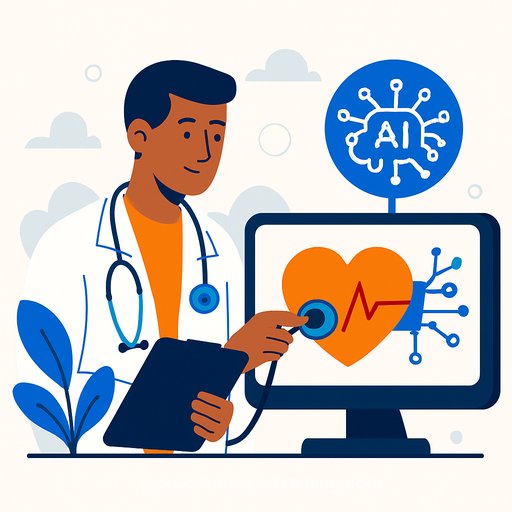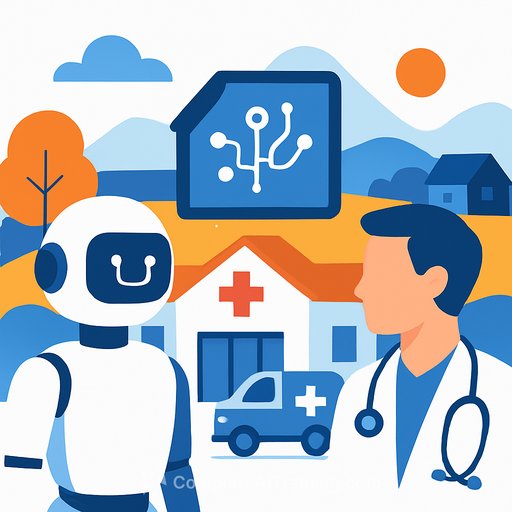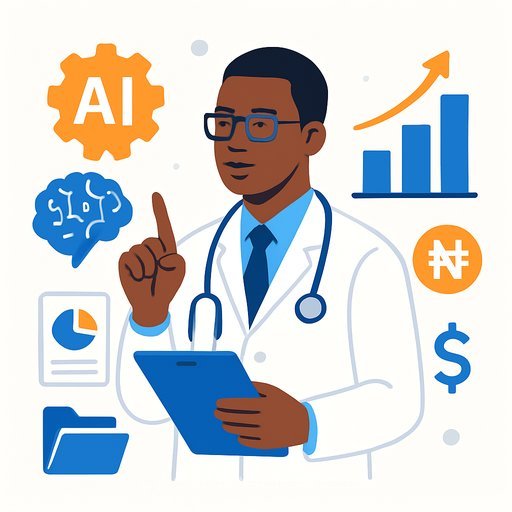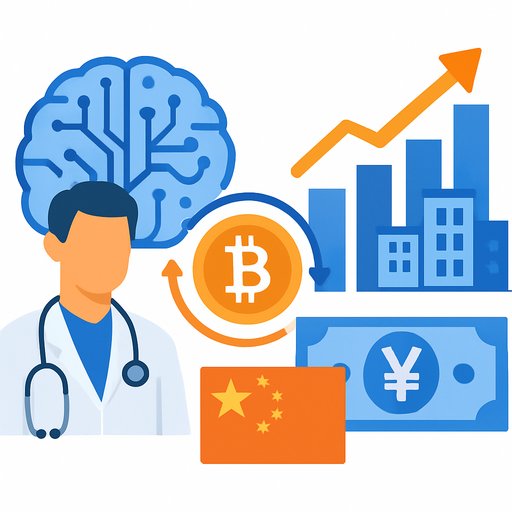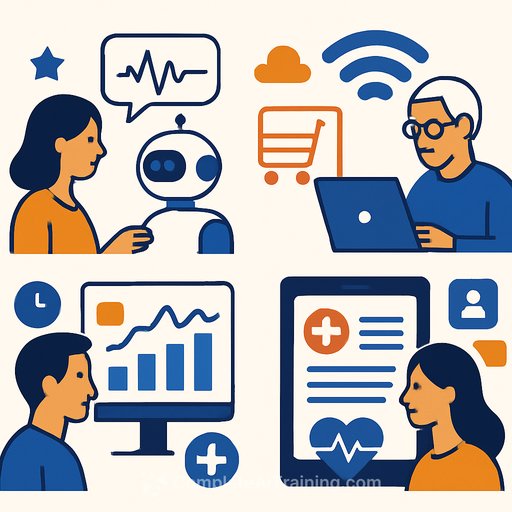From Missed Diagnoses to Life-Saving Alerts: How AI is Helping Doctors Detect Structural Heart Disease Before It Turns Deadly
Structural heart disease affects millions, often going unnoticed until it reaches a dangerous stage. Severe aortic stenosis, a common form, carries a two-year mortality rate worse than many cancers if untreated. Early detection is critical, but these conditions can be challenging to diagnose with traditional methods.
Artificial intelligence (AI) is emerging as a valuable tool to support cardiologists in identifying these conditions earlier. By analyzing large datasets and subtle clinical patterns, AI tools can highlight cases that might otherwise be missed, offering a chance to intervene before complications arise.
How AI Supports Cardiologists in Detecting Structural Heart Disease
Don Fowler, President of Echo IQ USA, explains that their AI-driven decision support system assists doctors rather than replacing them. It focuses especially on hard-to-spot cases like low-flow, low-gradient aortic stenosis, which can be difficult to identify using standard imaging and assessment alone.
The AI tool integrates directly into cardiologists’ existing workflows, minimizing disruption and helping to improve efficiency. This seamless integration is a key factor in encouraging adoption among healthcare professionals.
Bringing Equity to Cardiovascular Diagnosis
Diagnostic disparities have long affected women and rural populations, who may not have access to expert cardiology resources or consistent evaluations. Echo IQ’s platform leverages the world’s largest echocardiographic dataset linked to mortality outcomes, enabling phenotype-based analysis that delivers consistent results regardless of location or patient demographics.
This approach helps level the playing field, giving community hospitals and rural clinics access to diagnostic support comparable to that found in leading academic centers.
About Don Fowler and Echo IQ USA
- Over 35 years of experience in medical imaging and diagnostics leadership.
- Former President and CEO of Toshiba America Medical Systems.
- Held senior roles at Siemens Healthineers, including VP of Global Sales and Marketing for MR business.
- Currently leads Echo IQ USA, focusing on AI-driven tools to support cardiologists.
Fowler is recognized for building high-performance teams and guiding healthcare organizations through strategic growth and innovation.
Why This Matters for Healthcare Professionals
For clinicians, integrating AI tools like Echo IQ means enhanced diagnostic accuracy without adding complexity to their workflow. Early identification of structural heart disease can drastically improve patient outcomes, reducing mortality and the burden of late-stage interventions.
Healthcare providers interested in AI applications and practical implementations in diagnostics may also find value in exploring relevant training resources. Comprehensive courses on AI in healthcare can provide deeper insights into these tools and their effective use in clinical settings. For example, Complete AI Training’s latest AI courses offer tailored education for healthcare professionals seeking to expand their capabilities.
Your membership also unlocks:

